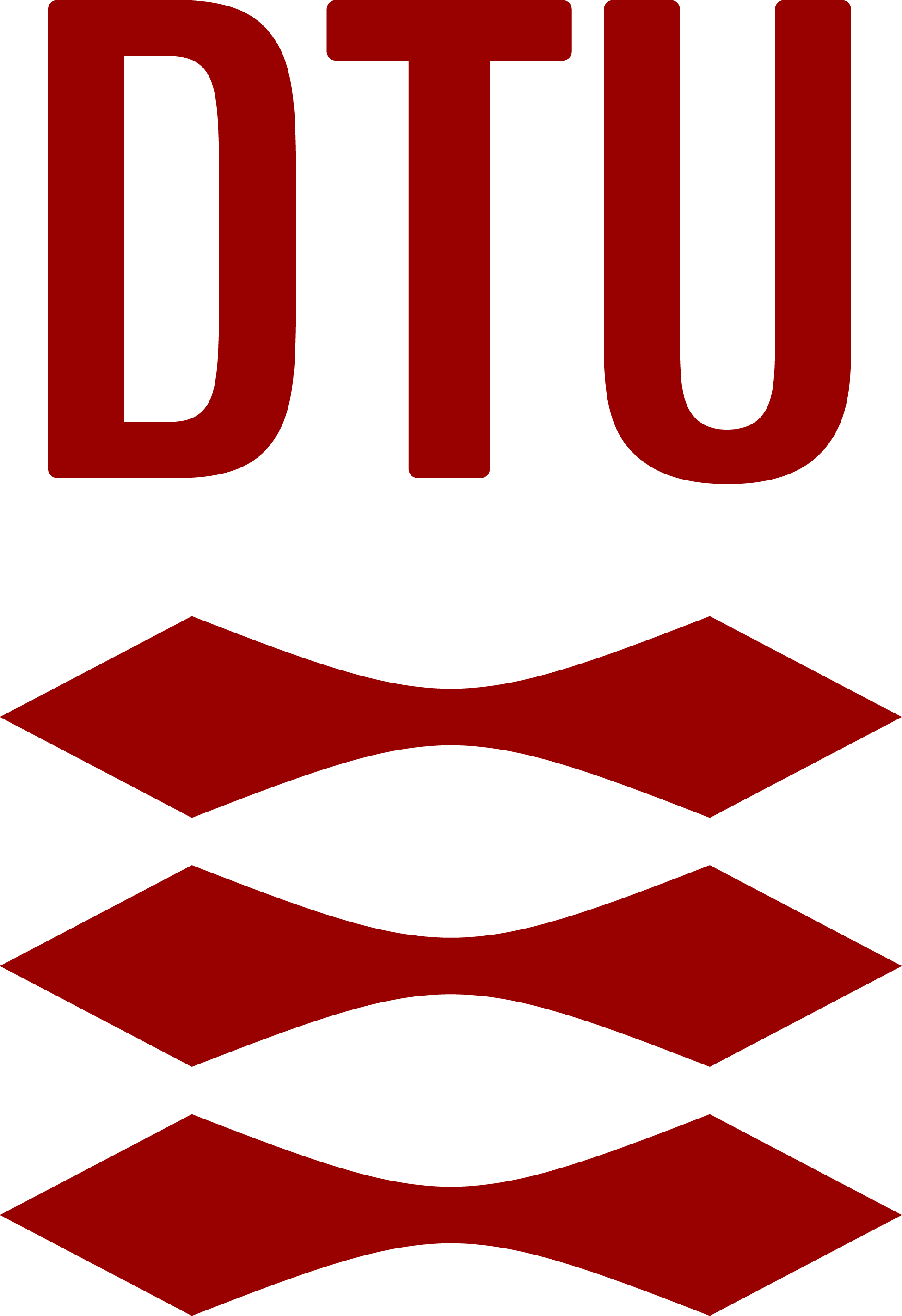About this course
The continuous growth in energy demands is putting ever more stress on climate and the environment. In line with the Intergovernmental Panel on Climate Change, we work on the target of net-zero CO2 emissions by 2050. This goal cannot be achieved with the new zero-emission technologies emerging alone, but needs to be accompanied by mitigation strategies from energy saving to carbon capture utilization and storage technologies developed and implemented at an international level. The course is composed of online lectures from world experts in energy technologies and a project in collaboration with students from TU/e, TUM and other technical universities in Europe. In this course, the students will get the opportunity to develop the necessary skills to bring the newest research on energy technology to applications within an international environment. The students participate in online lectures given by energy technology experts from across the globe, attend online short courses on R&D and international project management and bring research to applications through the implementation of their own project following the challenge-based learning principle. The challenge: The challenge is to design a project bringing the newest research on this topic to application together with international partners, providing first proof of principles and an assessment of the next steps to implementation, and presenting these to the participating community. The course consists of a 3-week full-time course which includes online lectures, online short courses on R&D specific and international project management, challenge-based learning - project (comprising online communication with students from partner university; project execution in innovation space at TU/e, TUM and DTU; final meeting and presentation with all participants at one of the partner universities).
Learning outcomes
At the end of the course the learner will be able to: Reflect and apply the most recent developments in energy technology research Identify and discuss the main limitations in different technologies for a sustainable future Plan and execute an international project on energy technology Build/use computational tools and databases to draw conclusions regarding the applicability of existing and new solutions to problems outlined within energy technology Use individual knowledge and expertise in an interdisciplinary and international team to develop an innovative, practical and scientifically sound solution to a current challenge in the field of energy technology Write a short report on the current status of energy technologies and their limitations Present research results to an experienced audience in form of an oral presentation or a poster Critically analyse the output of the research project and identify its limitations
Enrolment details
The first two weeks of the course will take place remotely. In 2025, the last week will take place at DTU. Students are expected to cover their travel expenses.
Examination
The examination consists of a group video presentation and individual questions of the final project (60%), questions regarding the topics of the lectures (25%), an individual assessment analysing the effectiveness of group work and its challenges (15%).
Activities
Online lectures from world experts and group-based projects with guidance. The first two weeks will be online. In 2025, the third week of the course will be at DTU.
Additional information
- Institution locationAnker Engelunds Vej 1, Online
- More infoCoursepage on website of Technical University of Denmark
- Contact a coordinator
- CreditsECTS 5
- LevelMaster
- Contact hours per week0
- InstructorsIvano Eligio Castelli
- Mode of instructionBlended
